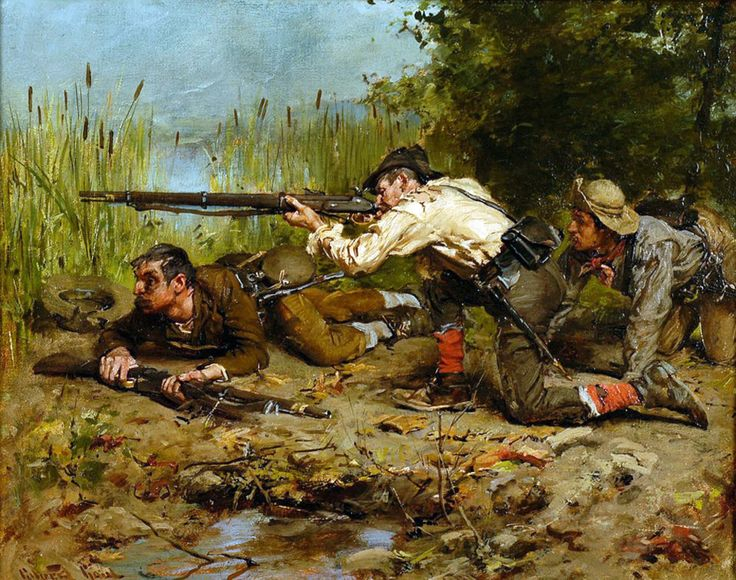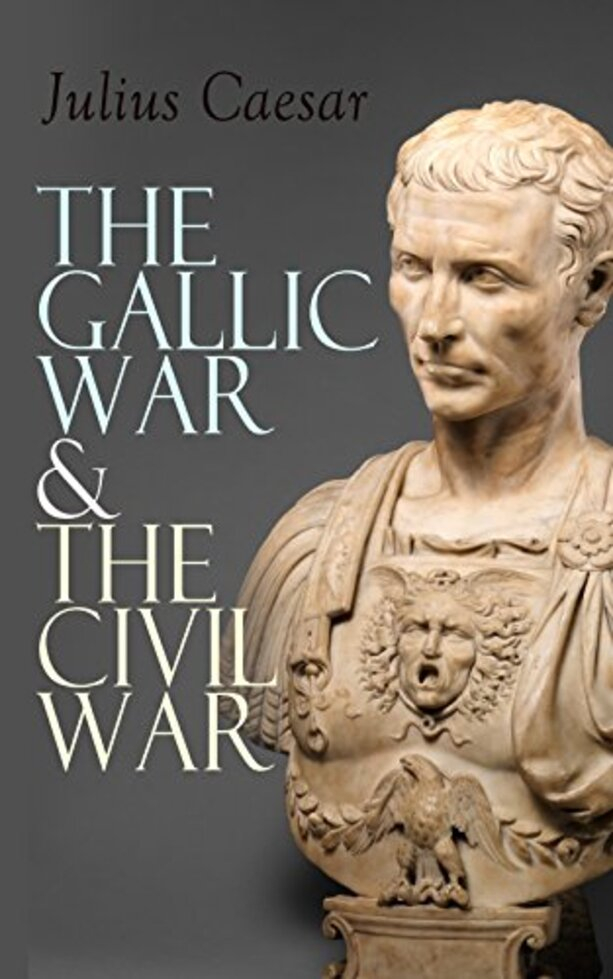Antony was a key ally of Caesar’s in the conquest of Gaul and the Civil War
Julius Caesar's relative and ally Antony fought with him as one of his generals in the conquest of Gaul and the Civil War. While Caesar removed political rivals in Greece, North Africa, and Spain, Antony was named Italy's governor. Following Caesar's murder in 44 BC, Antony teamed up with Marcus Aemilius Lepidus, another of Caesar's generals, and Octavian, his great-nephew and adoptive son, to construct the Second Triumvirate, a three-man dictatorship that became known to history as the Second Roman Empire. At the Battle of Philippi in 42 BC, the Triumvirs overcame the Liberatores, who had killed Caesar, and split the rule of the Republic among themselves. In the war against Parthia, Antony was handed authority over Rome's eastern provinces, which included the client state of Egypt, which was then controlled by Cleopatra VII Philopator.
The triumvirs' relationships became tense as each member aspired to have more political influence. When Antony wed Octavian's sister, Octavia, a civil war between Octavian and Antony was avoided in 40 BC. Despite being married, Antony continued to have a romantic relationship with Cleopatra, who gave birth to three of his children and further strained his relationship with Octavian. In 36 BC, Lepidus was removed from the group, and in 33 BC, disputes between Antony and Octavian led to a breakup of the surviving Triumvirs. As the Roman Senate, acting under the orders of Octavian, declared war on Cleopatra and accused Antony of betraying her, their long-standing animosity broke out into civil war in 31 BC. At the Battle of Actium later that year, Octavian's army triumphed over Antony. After fleeing to Egypt and losing the Battle of Alexandria once more, Antony and Cleopatra killed themselves.









